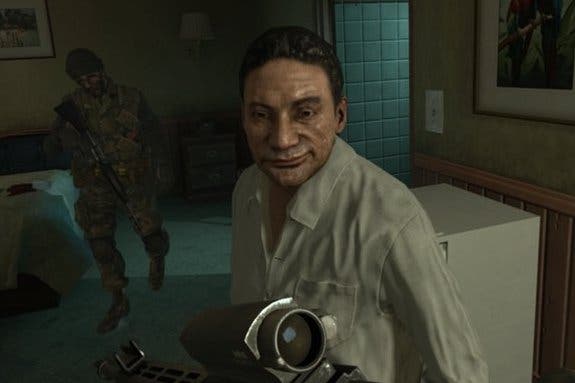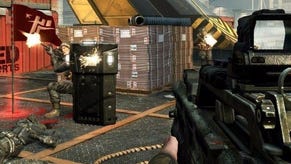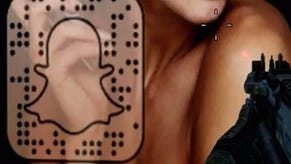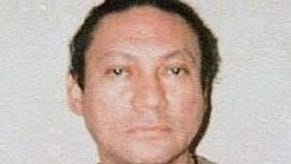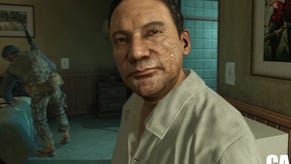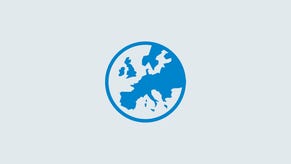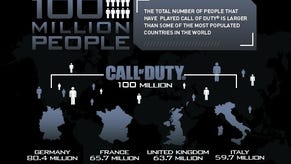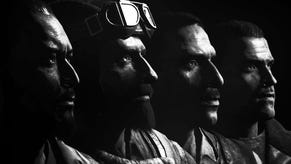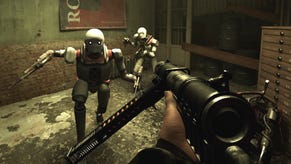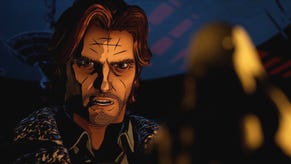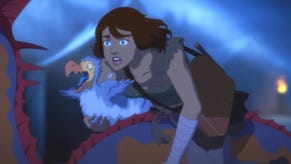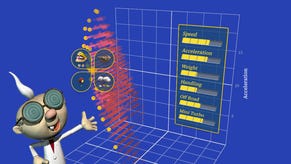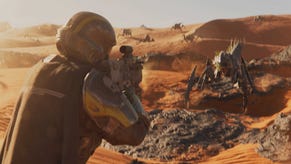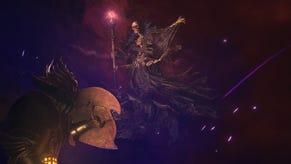Ex-Panama dictator suing Activision over likeness in Call of Duty: Black Ops 2
All the cool kids are doing it.
Earlier this month we had Mean Girls and Freaky Friday star Lindsay Lohan suing Rockstar over allegedly using her likeness in Grand Theft Auto 5. Now, we have an ex-dictator suing Activision over allegedly using his likeness in Call of Duty.
Former Panamanian dictator Manuel Noriega is suing Activision over the use of his likeness in Treyarch's first-person shooter Call of Duty: Black Ops 2.
In the game Alex Mason and Frank Woods track Noriega, codenamed False Profit by the CIA, to the outskirts of Panama City. You can see the scene in which they find him in the video, below, taken from the level Suffer With Me.
Now, 80-year-old Noriega, who lives in Panama, is suing Activision for the "blatant misuse, unlawful exploitation and misappropriation for economic gain" of his image in Black Ops 2, which came out in 2012.
In the lawsuit, filed in the Los Angeles County Superior Court and reported on by the Courthouse News Service, Noriega's lawyers claim: "In an effort to increase the popularity and revenue generated by Black Ops 2, defendants used, without authorisation or consent, the image and likeness of plaintiff in Black Ops 2.
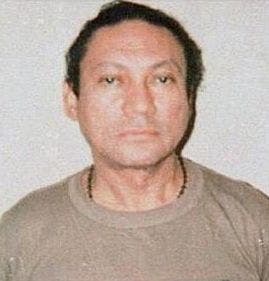
"Defendants' use of plaintiff's image and likeness caused damage to plaintiff. Plaintiff was portrayed as an antagonist and portrayed as the culprit of numerous fictional heinous crimes, creating the false impression that defendants are authorised to use plaintiff's image and likeness. This caused plaintiffs to receive profits they would not have otherwise received."
Noriega said Black Ops 2 portrays him "as a kidnapper, murderer and enemy of the state", before referencing the scene depicted in the video, below.
This is all an attempt to "heighten realism in its video game", Noriega said. "This translates directly into heightened sales for defendants.
"Defendants deliberately and systematically misappropriated plaintiff's likeness to increase revenues and royalties, at the expense of plaintiff and without the consent of plaintiff."
Noriega wants damages for unjust enrichment, unfair business practices and violation of common-law publicity rights, as well as lost profits.
Noriega was military dictator of Panama from 1983 to 1989, but was removed from power after the 1989 invasion by the US. He was tried and sent to prison in April 1992. After his sentence ended in 2007, France was granted its extradition request. Noriega again went to trial and again sent to jail. A conditional release was granted in 2011 for Noriega to be extradited to serve 20 years in Panama.
Black Ops 2's single-player campaign includes two connected storylines, the first of which is set from 1986 to 1989 during the final years of the first Cold War. It chronicles the rise of antagonist Raul Menendez, who fakes his demise with the help of Noriega.
Activision is yet to file its response, but video games, entertainment and tech lawyer Jas Purewal said it may not have a case to answer.
"In the US, individuals have what's called the right to publicity, which gives them control over how their person is depicted in commerce including video games," Purewal told the BBC.
"It all focuses upon the American legal ability for an individual to be only depicted with their permission, which in practice means payment of a fee.
"But Noriega isn't a US citizen or even a resident. This means that his legal claim becomes questionable, because it's unclear on what legal basis he can actually bring a case against Activision."
Purewal added that this makes it more difficult but not impossible as the US extends its publicity rights laws to foreigners.
